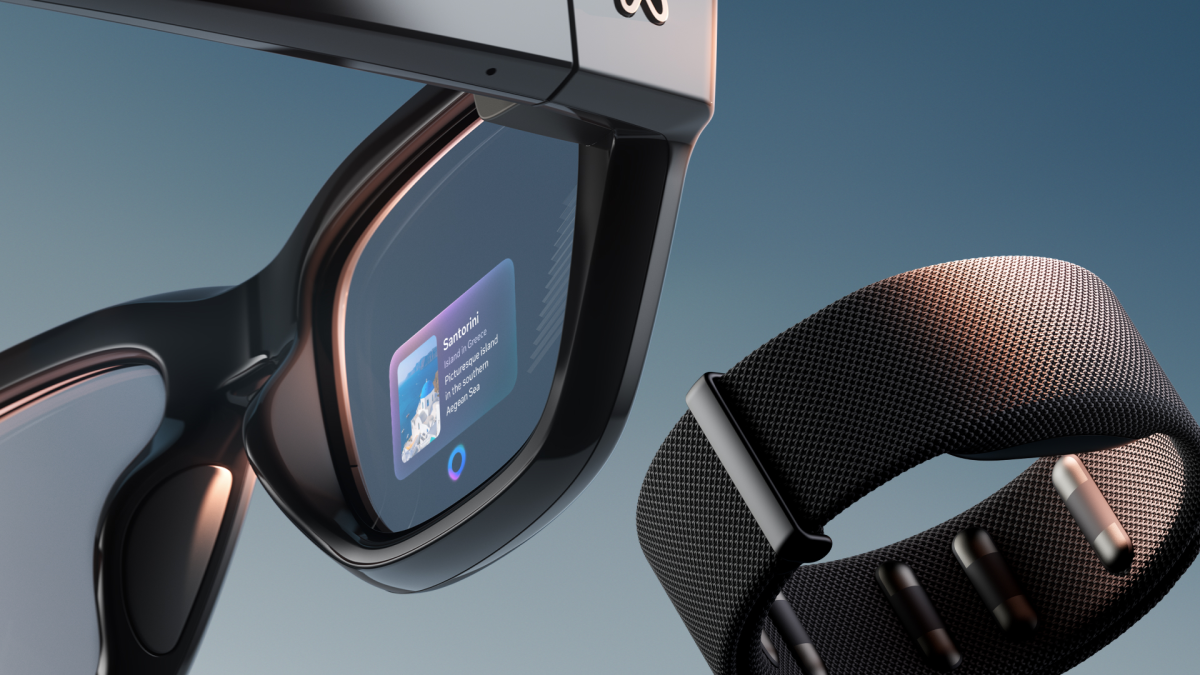As time goes on, I find myself using GenAI more and more in different aspects of my life, as it just keeps on improving. But one area where my usage has surged dramatically is shopping.
When I have a problem to solve or want to buy something new, I’m turning to my ChatGPT premium subscription much more often and asking it to search the web for the best product for my specific need, for the best deal, or the most reliable seller. It removes a lot of the time-consuming work I used to do, like opening twenty different tabs, checking Trustpilot to see if each site is trustworthy, calculating shipping costs to the Netherlands, and comparing all these offers while my laptop begs me to close a few windows. Then I would be too stubbornly indecisive, postpone the decision, and try again the next day, and this loop would continue for a few days.
Now, instead, I can just prompt ChatGPT what I need, and it researches options that match my niche problem tailored to my specific situation, compares websites (including shipping costs), and lays it all out. How much easier is that! That said, I still don’t trust it completely. Sometimes it skips certain products or retailers, so I like to double-check, but there’s no doubt it saves me a lot of time. That is why it is interesting to think about how marketing might affect ChatGPT’s output. I can imagine OpenAI getting offers from many companies to show their products first when being prompted about certain things. I find this a bit concerning, because GPT could inadvertently nudge and persuade us into buying products, simply because it is paid to do so.
I think this move will be inevitable (if it is not already happening) since ads drive so much revenue, and I don’t see why ChatGPT wouldn’t take advantage of it. This is why we need better AI regulation to make sponsorships crystal clear, to clarify what’s paid and what’s organic. In the EU, there is already the Digital Services Act (DSA) since 2024, whose article 26 obliges platforms to clearly label adverstisements, disclose the advertiser’s identity and Identify the ad’s funding source, but I have never seen this implemented with GenAI. This shows that we need AI-specific regulation. Legislation could take inspiration from how Google Ads are implemented, where sponsored content is clearly labeled.
References:
Image: “Woman interacting with futuristic shopping interface” via SmartDev (https://smartdev.com/retail-story-how-artificial-intelligence-is-redefining-shopping/)
How the EU’s Digital Services Act Promotes Greater Ad Transparency: https://www.admonsters.com/how-the-eus-digital-services-act-promotes-greater-ad-transparency/



